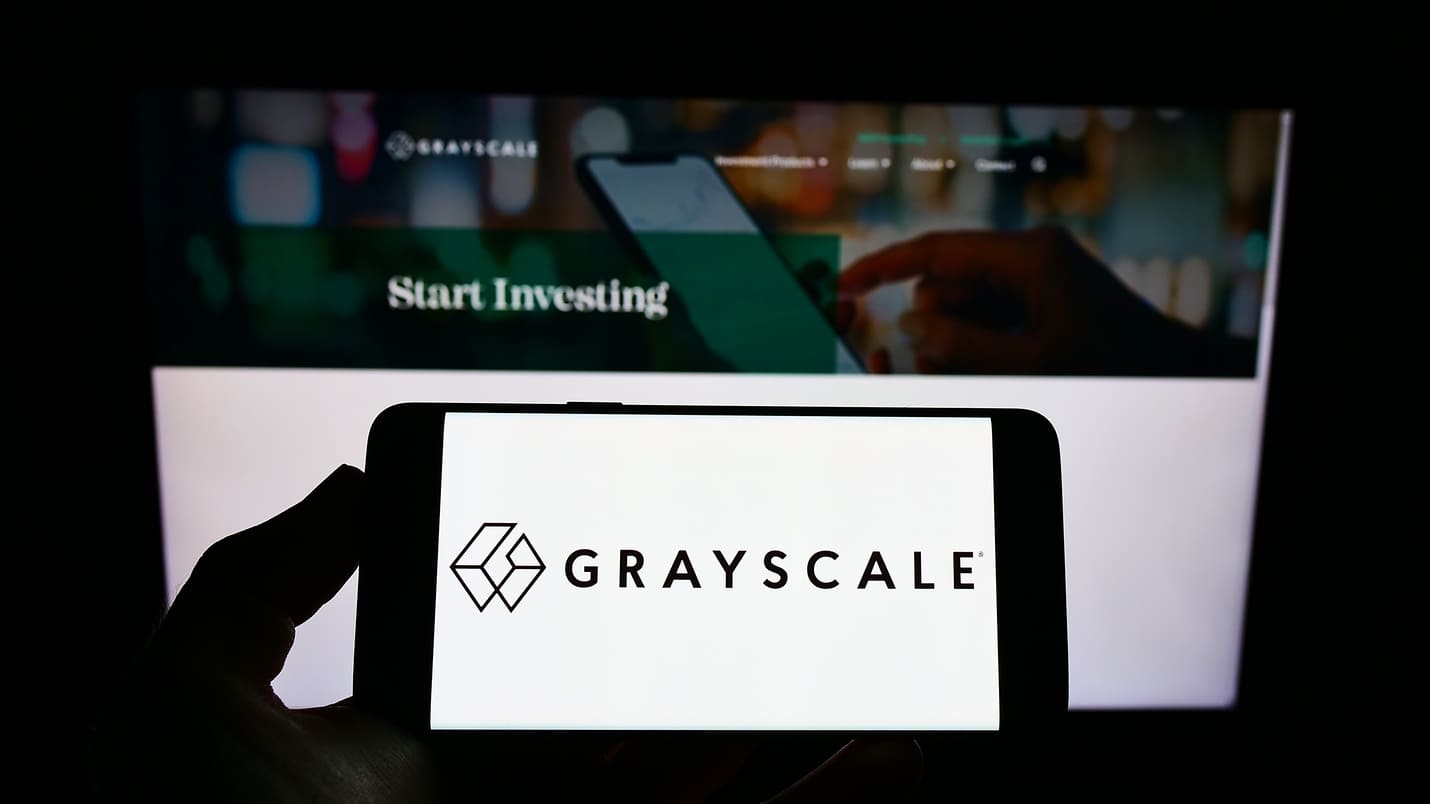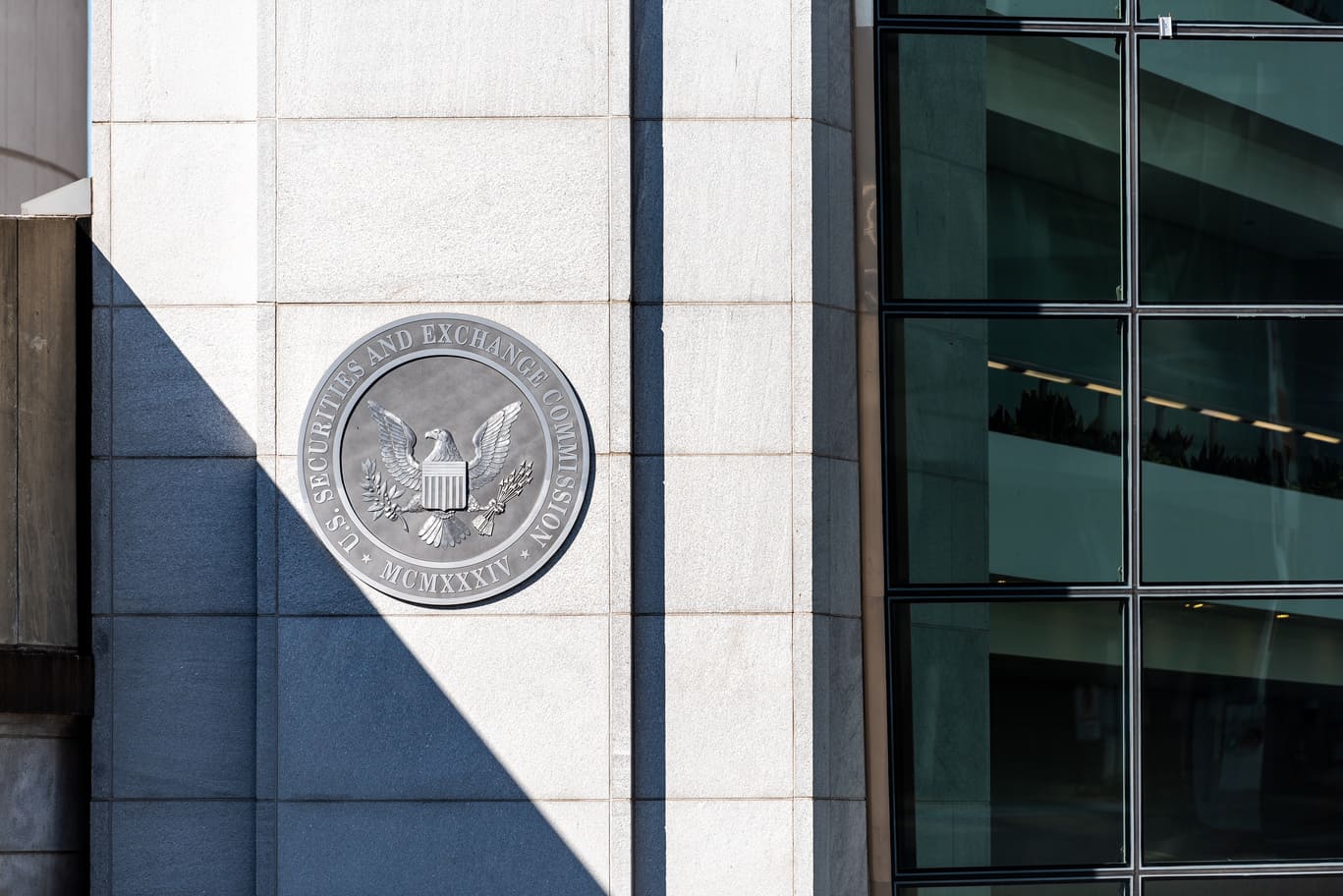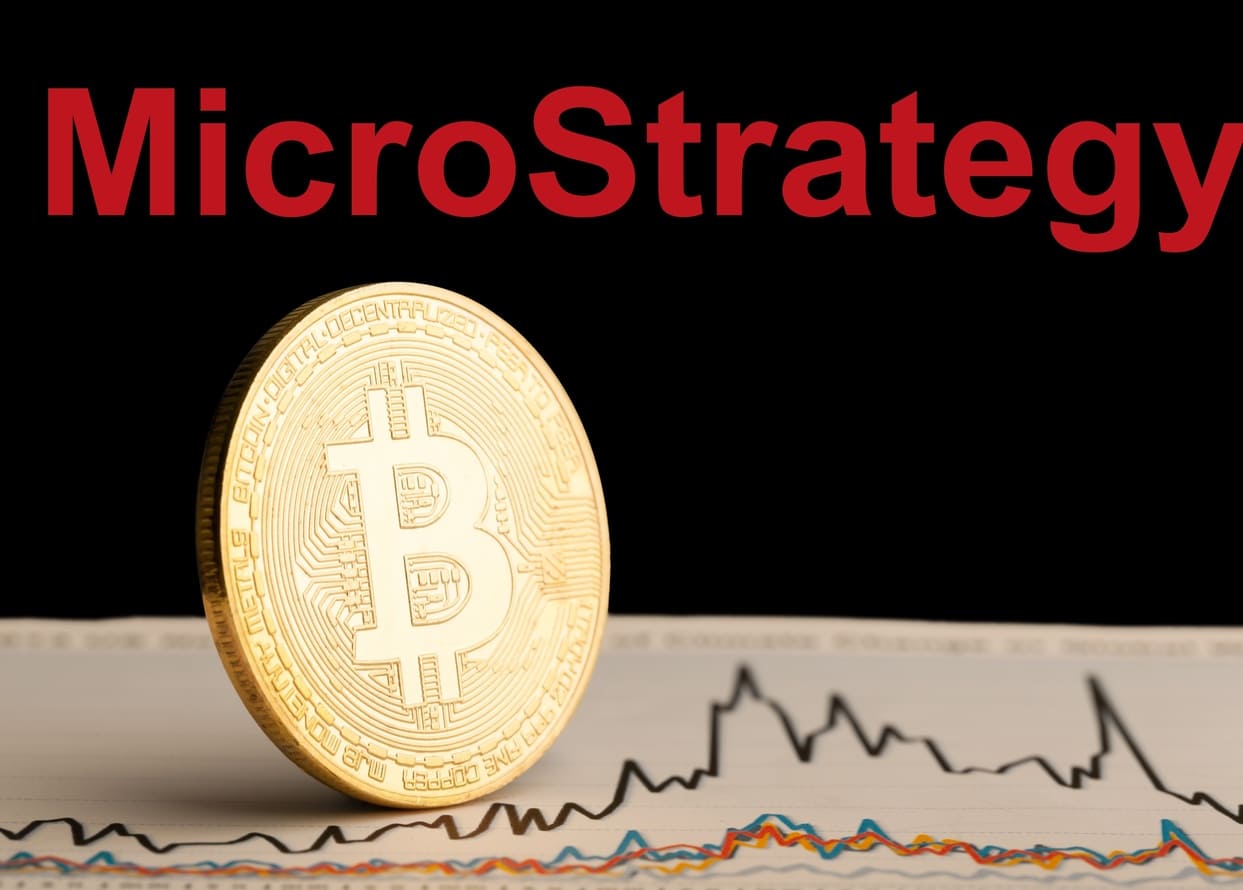
European Parliament Adopts MiCA - First Set of Regulations for Cryptoasset Markets in the EU
MiCA legislation aims to establish standard regulations for harmonized crypto rules and provide legal certainty for crypto assets within the EU.
The European Parliament has voted to adopt the Markets in Crypto-Assets Act (MiCA) - the first set of regulations for cryptoasset markets in the European Union - after two previous vote postponements since its introduction in 2020.
The MiCA rapporteur and Member of the European Parliament Stefan Berger - who was tasked to facilitate the progress of EU’s Markets in Crypto Assets regulatory package - announced the adoption of the bill via a tweet on April 20th.
Habemus MiCA! Das EU-Parlament hat die #Regulierung angenommen. Ein Meilenstein für die #Krypto-Asset-Industrie. Danke an alle Kollegen und auch für den ganzen Support der Community hier! #MiCA 🎉 @btcecho @DECointelegraph pic.twitter.com/avPmOE2Vl0
— Stefan Berger (@DrStefanBerger) April 20, 2023
The European Parliament have approved the world’s first comprehensive set of regulations for issuing and trading cryptoassets - which will be implemented from mid-2024 - with a vote of 517 in favor and 38 against. The legislation will now proceed to the next stage of approval by the European Council before becoming law.
The MiCA legislation aims to establish standard regulations for harmonized crypto rules and provide legal certainty for crypto assets within the EU. It outlines guidelines for the operation, structure, and governance of digital asset issuers and sets rules for disclosure and transparency requirements for issuing and trading cryptocurrencies, requiring firms that issue and trade cryptoassets to obtain a license from a national regulator, allowing them to serve customers across the 27-member country bloc with a “passport.”
Despite being a significant step towards crypto regulation in the EU, some crypto players have raised concerns about the 400-page document. For example, the current draft does not address decentralized finance (DeFi), crypto lending, or crypto staking and does not provide any rules for non-fungible tokens (NFTs).





